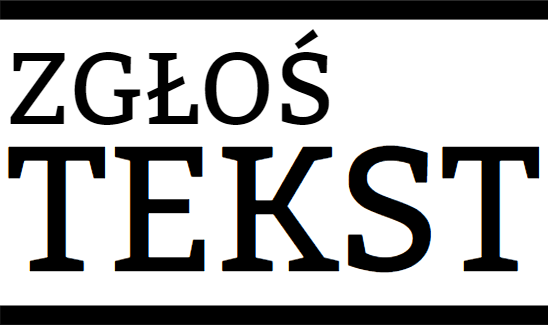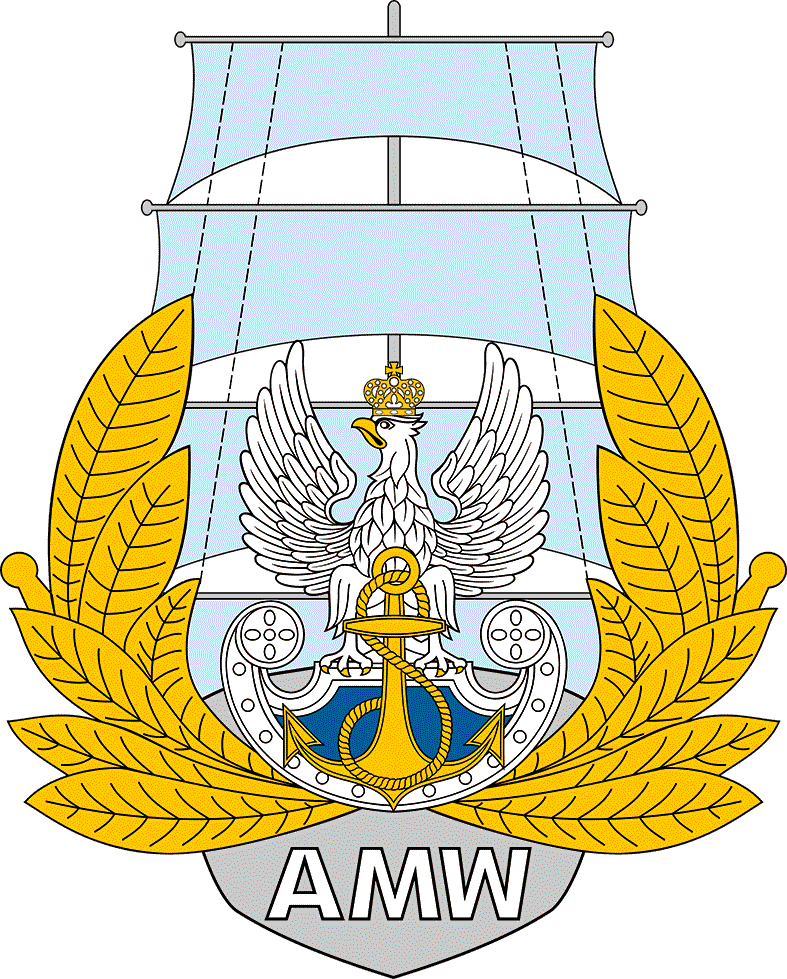EDUCATING AUTOMATONS. PEDAGOGICAL TACT IN THE AGE OF THE SCRIPT
DOI:
https://doi.org/10.34813/43coll2023Abstrakt
Despite the continuously insinuated chasm between educational theory and educational practice, there remains an unbreakable bond between both: Not only does every pedagogical act rest on a conceptual frame that precedes it, but also with every pedagogical act, a specific conceptual stance towards the world is consciously or unconsciously being affirmed. The traditional answer to the question for the relation of both has been the introduction of the concept of Pedagogical Tact by J.F. Herbart who formed the concept along the lines of Kant’s theory of judgement. Pedagogical Tact, so Herbart, functions as mediator between what we might call pedagogical theory and pedagogical practice, and becoming a successful educator then means to develop a heightened capacity to employ such tact in pedagogical practice – a capacity which, according to Herbart, needs the studying of theory before the educator’s encounter with educational practice.
What already in Herbart’s version seems to be a rather complex and maybe even somewhat miraculous notion, becomes even more complex with the realization that the encounter of human and world in general, and of pedagogical theory and practice in particular, nowadays seems to rest much more on mediating devices than it used to: the act of interpreting the world, and with it the pedagogical situation, seems to be guided much more by the fabricated interpretation offers made by the media that surround us. However, realizing the increased complexity does not yet mean to truly understand the way in which the capacity of Pedagogical Tact will be influenced by this changed ways of making sense of the world. The contribution here attempts to open a horizon for discussing those matters. To achieve this goal, firstly, the concept of Pedagogical Tact in Herbart’s sense will be presented, while leaving it to a second step to closer investigate what the all-encompassing technologization of human life might mean for this pedagogical fundament.
Bibliografia
Bernfeld, S. (1973). Sisyphus or The Limits of Education. UCP.
Chakraborty, A. (2016). Facebook addiction: An Emerging Problem. The American Journal of Psychiatry, 11(12), 7–9.
D'Arienzo MC, Boursier V, Griffiths MD (2019). Addiction to social media and attachment styles: A systematic literature review. International Journal of Mental Health and Addiction, 17, 1094–1118.
Friesen, N., & Kenklies, K. (2022). Continental pedagogy & curriculum. In R. Tierney, F. Rizvi, & K. Ercikan (Eds.), International Encyclopedia of Education (4th ed., vol. 7, pp. 245–255). Elsevier Science. https://doi.org/10.1016/B978-0-12-818630-5.03028-1
Herbart, J.F. (1896a). Introductory lecture to students in pedagogy. In J.F. Herbart, ABC of Sense-
Perception and Minor Pedagogical Works (pp.13–28). D. Appleton and Company. Herbart, J.F. (1896b) The aesthetic presentation of the universe the chief office of education. In J.F. Herbart, ABC of Sense-Perception and Minor Pedagogical Works (pp. 92–117). D. Appleton and Company.
Janík, T. & Janíková, M. (2020). Didaktische Videokasuistik: Ansatz – Vorgehen – Ergebnisse. In: K. Hauenschild et al. (Hrsg.), Videografie in der Lehrer*innenbildung. Aktuelle
Zugänge, Herausforderungen und Potenziale (pp. 51–61). Universitätsverlag Hildesheim. Jones, P. J., Bellet, B. W., & McNally, R. J. (2020). Helping or Harming? The Effect of Trigger Warnings on Individuals With Trauma Histories. Clinical Psychological Science, 8(5), 905–917.
Kant, I. (2000). Critique of the Power of Judgement. CUP.
Kant, I. (2007). Anthropology, History, and Education. CUP.
Kenklies, K. (2012). Educational theory as topological rhetoric: the concepts of pedagogy of Johann Friedrich Herbart and Friedrich Schleiermacher. Studies in Philosophy and Education, 31(3), 265–273.
Kenklies, K. (2022). Alienation: the foundation of transformative education. Journal of Philosophy of Education, 56(4), 577–592. https://doi.org/10.1111/1467-9752.12703
Kenklies, K. (2023). Pedagogies in dissonance: the transformation of pedagogical tact. Global Education Review, 10(2), 114–127.
Kircaburun, K., & Griffiths, M.D. (2019). Problematic Instagram Use: The Role of Perceived Feeling of Presence and Escapism. International Journal of Mental Health and Addiction, 17, 909–921.
Lewin, D. (2021). The pedagogical relation in a technological age. In W. Reijers, A. Romele, & M. Coeckelbergh (Eds.), Interpreting Technology: Ricoeur on Questions Concerning Ethics and Philosophy of Technology (pp. 135–152). Rowman & Littlefield.
Mast, J. (2016). Negotiating the ‘real’ in ‘reality shows’: production side discourses between deconstruction and reconstruction. Media, Culture & Society, 38(6), 901–917.
Nesi, J., Telzer, E. H., Prinstein, M. (Eds.) (2022). Handbook of adolescent digital media use and mental health. CUP.
Pleines, J.-E. (1980). Die logische Funktion des Takts im Anschluß an das Kantische System der Philosophie betrachtet. Kant-Studien, 71(1–4), 469–487.
Sartre, J.P. (1984). Being and Nothingness. Trans. Hazel E. Barnes. Washington Square Press. Tateno, M, Teo, AR, Ukai, W, Kanazawa, J, Katsuki, R, Kubo, H., & Kato, TA (2019). Internet Addiction, Smartphone Addiction, and Hikikomori Trait in Japanese Young Adult: Social Isolation and Social Network. Frontiers in Psychiatry, 10(455). http://doi.rg.10.3389/fpsyt.2019.00455
Yu, S., & Sussman, S. (2020). Does Smartphone Addiction Fall on a Continuum of Addictive Behaviors? International Journal of Environmental Research and Public Health, 17(2), 422.
Ziller, T. (1856). Einleitung in die allgemeine Pädagogik. B.G. Teubner.
Pobrania
Opublikowane
Numer
Dział
Licencja
Prawa autorskie (c) 2024 Karsten Kenklies

Utwór dostępny jest na licencji Creative Commons Uznanie autorstwa – Użycie niekomercyjne – Bez utworów zależnych 4.0 Międzynarodowe.





